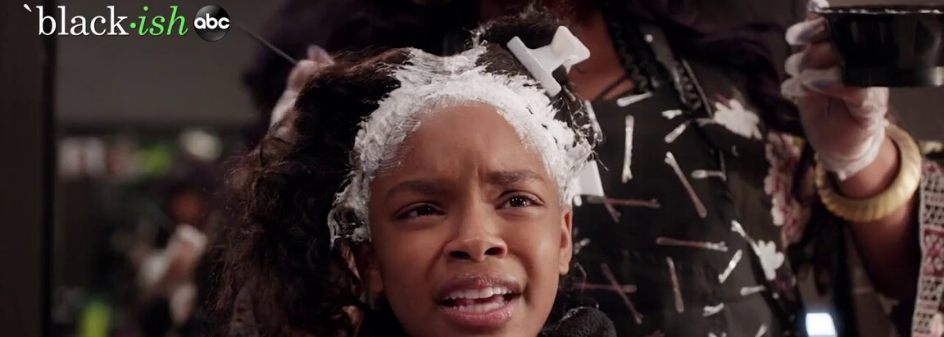What is one expected to do when an expression of one’s cultural heritage is banned in their schools ‘hand-book?’ And how do these rules affect the hair community at large?
Deandre Arnolds, a student at Barbers High School in Mont Belvieu, Texas was suspended by his school because of the length of his locs. Apparently, when he explained that his locs was his way of honoring his Trinidadian culture, that wasn’t enough. He was then warned if he didn’t cut his locs according to the school’s codes, he would not be permitted to walk down the aisle at his upcoming graduation. But is it time for Barbers High School to reevaluate and rewrite their school’s dress code?
What’s Barber Hills’ Argument?
The superintendent at Barber Hills, Greg Poole, claims the dress code is not about race or culture, it simply about a male student’s hair length. According to their handbook, “Male students' hair must not extend below the top of a T-shirt collar or be gathered or worn in a style that would allow the hair to extend below the top of a t-shirt collar, below the eyebrows, or below the ear lobes when let down." The school representatives feel this is an inclusive rule because it extends to all male students, what they don’t take into consideration is the foundation of such rules and how culturally oppressive it is for certain groups of students who make up their student body.
And what if Deandre wasn’t courageous enough to speak out against such rules? It’s painful to think about how frequently such occurrences took place in other schools or communities, where the individual wasn’t bold enough to stand up for their cultural heritage and how that must make them perceive their own locs. It is exactly these types of ‘codes’ which perpetuate negative notions around locs, long or short. In this recent case, imagine how such a treatment could ostracize the student and the impressionable feelings the young students could create around their locs based on the larger community that makes up their student body, workplace, sports team, or after school programs. We are dealing with the education system after all.
Just because a school has committed itself to a certain dress code for 30 years, does that mean the code is just?
According to Deandre Arnold, he has always worn his locs up during school hours, but recently, over their school’s winter break, the dress code changed, banning long hair even when worn up. The fact is, locs have a long and rich history and hold great cultural value for many students not just in Mont Belvieu, but across the country. Though the rule only states a ban against the length of one’s hair on paper, when applied in real life, it perpetuates unjust consequences. A truly valuable education system creates fair and equal space for all students from every background and should be quick to make necessary changes against any policy that offends or oppresses individuals who make up their school’s community, point.
When individuals like Deandre speak up for his rights, he not only creates a larger awareness around the demand for a reevaluation of how locs are perceived in the community, state, or country at large, but he generates a dialogue for those who are a part of the locs community and for those who are not. We can hope for the best, but also gracefully demand the best and find pride in positive change.
Takeaway:
Though Barber Hill’s dress code simply stated against a male student’s length of hair, inevitably, it is these such rules which do not consider the diverse cultural background of their student body, or take into consideration how these ‘codes’ make a large impression on their students with and without locs. Though the school was not banning locs directly, by banning the length of their student’s locs, they are only contributing to the ignorant and destructive cycles of which hairstyles are deemed ‘acceptable’ in the professional field and which are not. A big congratulations to Deandre Arnold and his family, who were brave enough to challenge, and speak out against such injustices, and make positive changes for their community in Texas and beyond.




